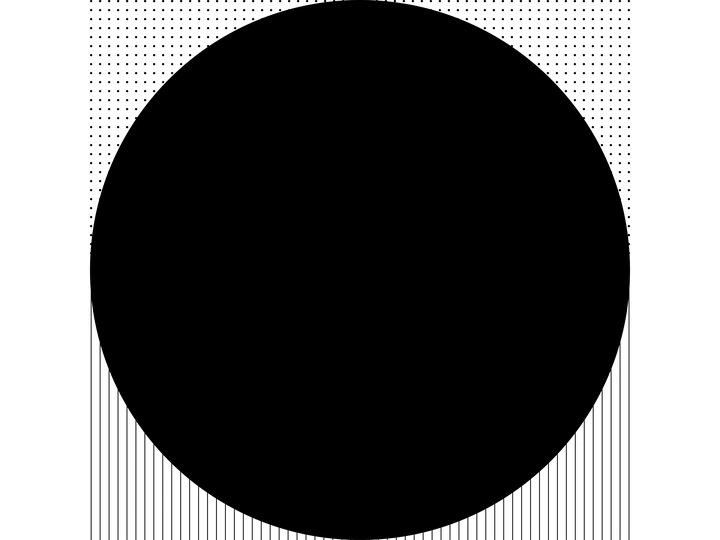Architecture in Times of Multiple Crises

After graduating from my architecture studies at the TU Vienna, I have been involved in the International Building Exhibition in Vienna on the topic of New Social Housing in 2022 and have since moved to Berlin, where I work as a spatial planner. My main motivation for changing my profession was being critical of architecture being largely object-focused. Rather than creating space as an object, I wanted to develop space as a socio-political and cultural process, ideally in a more democratically oriented way through participation processes. Most importantly however, I am vocal about questioning the basic assumptions within the architectural discipline. Through writing my master's thesis I started to critically reflect upon what I had learned about architecture thus far: not only is the discipline still marked by dualist, positivist and dogmatic ways of thinking, but these ways of thinking decidedly influence the way we define and build architecture. In particular, how we think about architecture ultimately influences the way human beings experience space. Since our cities are increasingly marked by control and alienation, I aimed at exploring different pathways for thinking about architecture and the role and responsibility of architects. Going through my architecture studies having had the feeling that something was ‘missing’, I am thrilled that I have since had the chance to publish my thesis under the title "Architecture in Times of Multiple Crises: Embodied Utopianisms of Care and Radical Spatial Practice" in 2023. In addition, I have been given the opportunity to give a lecture at the GIU (German International University in Berlin) and am excited that I will get another possibility at the TU Berlin in May. In a nutshell, I advocate that introducing philosophy into architecture has a lot to offer, not only for the discipline itself, but for the very people who would experience architecture – and ultimately live ‘the good life’.
During my architectural education I observed that pressing socio-political debates seemed to happen largely outside of the architectural discipline, while the discipline rarely explored how it is connected to contemporary developments. Simultaneously, while architecture is at its core still believed ‘to make the world better’ it seemingly has ‘given up’ on utopian aspirations of changing the world for the better. However, under the premise of still being culturally highly relevant, architecture is often presented as the ‘solution’ to social problems, made ‘green’ when promising sustainable futures, or fetishised as a cultural object in the creation of urban identities. Yet what is it exactly that links architecture so closely to the pursuit of a good life? How is this link interrelated with crisis and crisis thinking? In what ways do world views and belief systems influence architecture’s capacity to deal with today’s complex and demanding challenges? To what extent is the discipline itself marked by crisis? In exploring these questions, I point to a structural decline in imaginative capacity – even in a discipline which has made this its key trait. In scrutinising the extent to which utopianism and crisis interrelate with architecture, I shed light on architecture’s central contradictions, criticise the discipline’s orthodox ways of thinking, and question its underlying assumptions. My proposal thereby not only reveals the limits of a discipline focused on problem-solving but also explores the transformative potential in radically rethinking architecture’s focal concepts as well as its education. On the lookout for different forms of (re)producing and understanding architecture, I introduce a method of utopian speculation for theory-led spatial practices based on the feminist concept of care. This ethical method is ambitious for change in lived experiences; and not in the long-distant future but starting today.